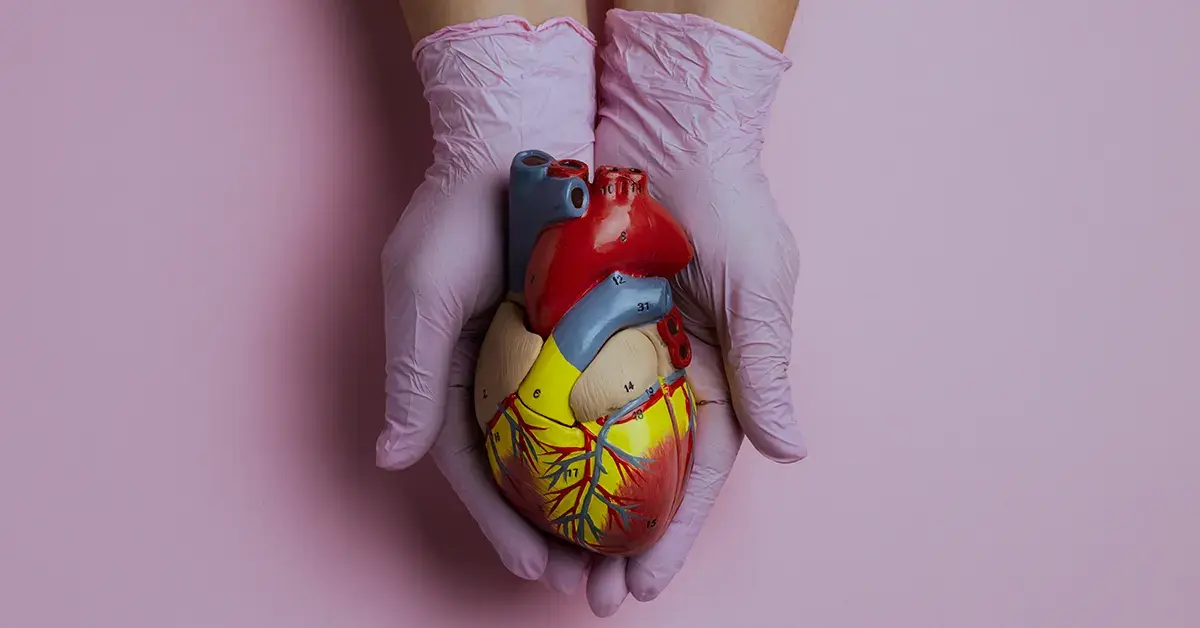Heart disease is a major health concern globally, impacting millions of individuals. For some, when all other treatments fail, a heart transplant becomes the best option for survival. This article aims to explain what heart transplantation is, how it works, and why it is so vital for those suffering from severe heart conditions.
Understanding Heart Disease
Heart disease can arise from various factors, including genetics, lifestyle choices, and existing health conditions like diabetes or high blood pressure. When the heart becomes weak and can no longer pump blood effectively, patients may experience severe symptoms, including fatigue, shortness of breath, and chest pain. In advanced cases, the heart may stop functioning altogether, requiring urgent intervention.
What is Heart Transplantation?
Heart transplantation is a surgical procedure in which a failing heart is replaced with a healthy heart from a deceased donor. This operation can significantly improve the quality of life for patients with end-stage heart disease. The goal of a heart transplant is not only to extend life but also to restore normal heart function, allowing individuals to return to their daily activities and enjoy life.
Who Needs a Heart Transplant?
Not everyone with heart disease is a candidate for a transplant. Typically, patients are considered for this procedure if they have:
- Severe heart failure that does not improve with other treatments
- Significant damage to the heart muscle from conditions such as coronary artery disease or cardiomyopathy
- Symptoms that significantly affect their quality of life and everyday activities
A thorough evaluation by a team of healthcare professionals, including cardiologists and transplant surgeons, determines whether a patient qualifies for a heart transplant.
The Transplant Process
The heart transplant process involves several critical steps:
- Evaluation: Once a patient is deemed a candidate, they undergo extensive tests, including blood tests, imaging studies, and psychological assessments. This evaluation ensures that they are fit for surgery and can handle the physical and emotional challenges of a transplant.
- Waiting List: If approved, the patient is placed on a national waiting list for a donor heart. The waiting time varies based on factors like blood type, size, and medical urgency. Patients are closely monitored during this time.
- Finding a Donor: When a suitable donor heart becomes available, the transplant team contacts the patient to prepare for surgery. Donor hearts come from individuals who have passed away, and the heart must be in good condition to be viable for transplant.
- Surgery: During the operation, the patient’s failing heart is removed, and the donor heart is implanted. The surgery usually lasts 4 to 6 hours. Afterward, patients are taken to the intensive care unit (ICU) for close monitoring as they begin recovery.
- Recovery and Rehabilitation: Following heart transplant surgery, recovery can take several weeks. Patients will need to stay in the hospital for a few days to monitor their progress and ensure the new heart is functioning well. After discharge, rehabilitation programs help them regain strength and adapt to their new lifestyle.
The Importance of Immunosuppressants
Patients who have had a heart transplant must take immunosuppressive drugs to keep their bodies from rejecting the new heart. These drugs lower the body’s immune response, which is necessary because the body may view the new heart as a foreign object. Regular follow-up appointments with healthcare providers are crucial to monitor heart function and manage medication dosages.
Life After a Heart Transplant
Many people go on to live healthy and active lives after a heart transplant. They can participate in activities they enjoy, spend time with family, and even return to work. However, lifestyle changes, including a heart-healthy diet, regular exercise, and routine medical check-ups, are essential for long-term success.
Heart transplantation is a lifesaving procedure for individuals with severe heart disease. While it requires careful evaluation and preparation, the benefits of receiving a new heart can be life-changing. Understanding this procedure helps demystify the process and highlights the incredible advancements in medical science that make it possible for patients to live longer healthier lives. By raising awareness about heart transplantation, we can encourage more people to support organ donation and offer hope to those in need.
